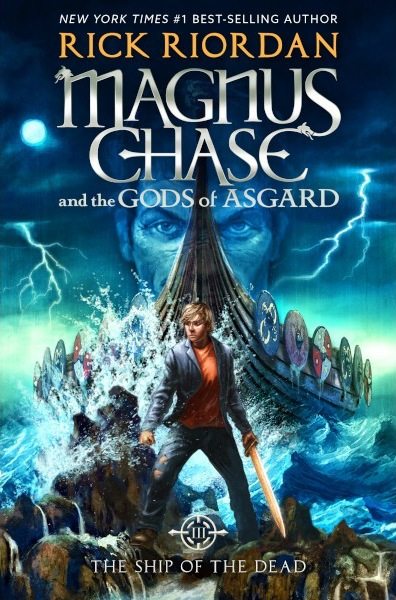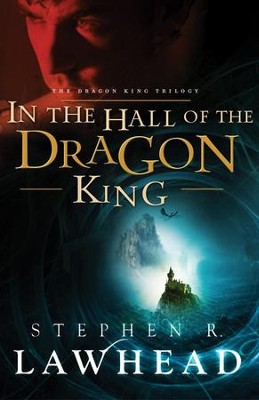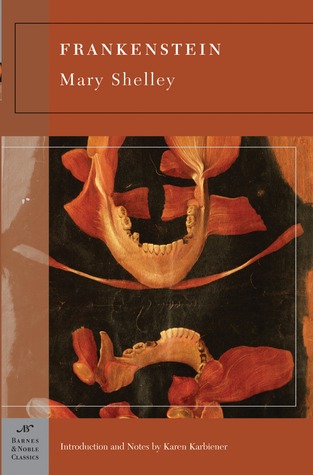Magnus and his crew must sail to the farthest borders of Jotunheim and Niflheim in pursuit of Asgard's greatest threat. Will they succeed in their perilous journey, or is Ragnarok lurking on the horizon? (Goodreads).
Look, Riordan writes an entertaining novel. I won't deny that. If he wrote entertaining novels with some variety, I would be really on board. YET AGAIN, we are given a predictable and overused plot, this time Riordan using his 'motley crew on board a magic ship' card that he has used before. To round it all off, the Argo III-I mean, the Big Banana-has a shapeshifter, a blonde guy, and someone who doesn't understand modern cultures. All of whom, I might add, are far more interesting than Magnus himself, making me wish that it was written from their perspective instead. There is an absolutely fantastic scene in Hearthstone's story that almost redeemed the book, but unfortunately is a small part in building up to a, frankly, cheesy climax. Maybe Percy could have redeemed it, I don't know. But whatever the case, his involvement in the plot was pointless, to say the least. To top off this cake of cliches and dull narration, there is the LITERAL CHOCOLATE SYRUP of a stupid romance subplot. Not because one character is gender-fluid, mind, but because it is stupid. 5.7/10











